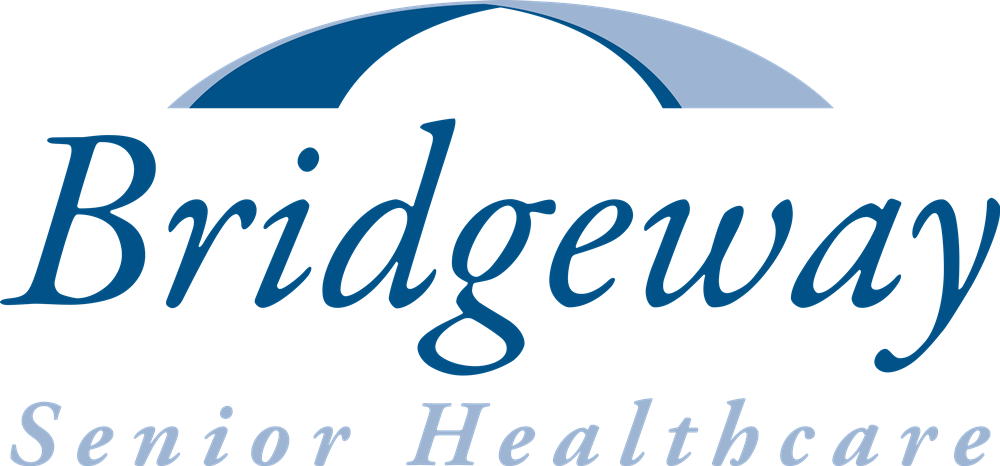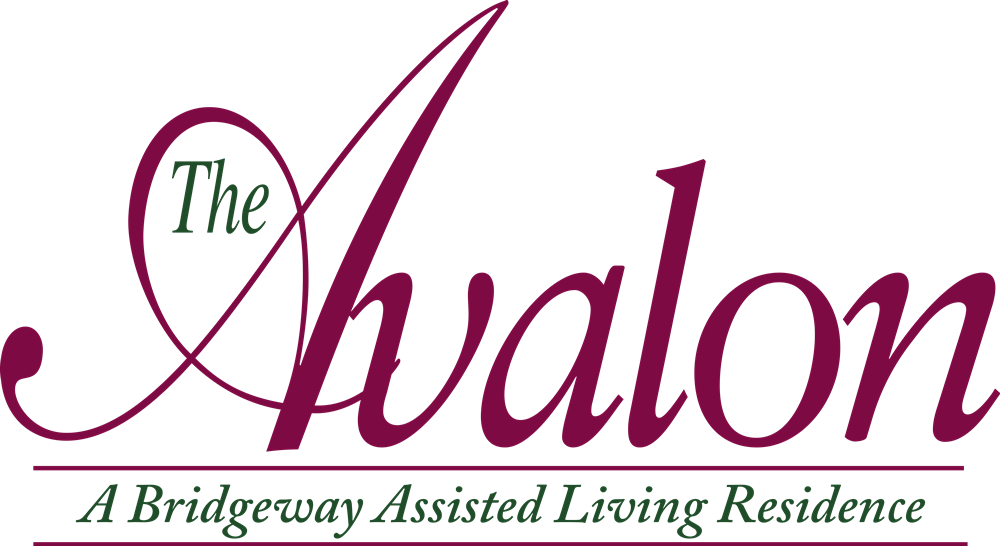|
People often make health-related goals their first New Year's resolutions, like losing weight and working out more. But talking about how you or your loved ones will get medical care as you or they age now can be very helpful and reduce stress in the long run.
At Bridgeway Senior Healthcare, we think that everyone, no matter how old or sick they are, should fill out an advance directive. These choices can give your loved one peace of mind in a crisis or medical emergency. Instead of worrying about what's best for you, they can be sure that the decisions they make align with what you want. It doesn't have to be hard to fill out an advance directive, and there are many free resources to help you. What is an "Advanced Directive''? An advance directive is a set of papers that spell out how you want to be cared for at the end of your life and who can make decisions for you. An advance directive is mainly made up of a living will and a durable power of attorney for health care, also called a medical power of attorney or a health care agent. In a living will, you say how you want to be treated and cared for if you get sick or hurt. In the case of a terminal illness or a vegetative state, you can choose whether or not you want treatments to keep you alive, such as tube feeding or breathing. You can also say what you want to happen with your organs or funeral after death. If you can't make medical decisions, your named medical power of attorney speaks for you. They should be willing to talk with you about end-of-life issues and speak up for you if there are disagreements about your care. Your health care agent doesn't have to be a family member, but that's fine if it is. No matter who you choose, you need to talk to your agent about what you want. You can't plan for everything. Talking with People You Care About It can be challenging for families and loved ones to discuss plans for a medical emergency or care at the end of life. If you or your loved ones are young and healthy, it may seem like a living will isn't necessary. But a health emergency can happen at any time. Some people find it painful or scary to think about their deaths. Try starting the conversation by saying that you want to respect their wishes and honor their beliefs at this point in their life. Be patient. You may not agree with what your loved ones won't, and they may not agree with what you want. Tell your loved ones that you respect their choices and will do what you can to help them go through with them. Even if your loved one doesn't want to make a living, it's helpful to talk with them about what they want. Reviewing Your Directive You can make changes to your living will at any time. Reviewing your living will and health care agent is essential if you get a new medical diagnosis, your relationship status changes, or you get older. The things you want when you're 40 may differ from what you want when you're 80. Make sure to throw away any old copies of your advance directive and give your family, doctor, and health care agent the most recent version. Resources for a Living Will and an Advance Directive Online, you can find many free or cheap resources to help you fill out an advance directive. Remember that a "living will" will only be used if you need emergency care and can't make decisions for yourself. Advantages of Having an Advanced Directive The most important benefit of a health care directive is that it lets a person tell health care providers about their choices and wishes. This makes it clear that the patient has a decisive say in what treatments or procedures will be done in an emergency. It gives people peace of mind because they know if life support should be used or not. Another benefit of a living will is that it can keep medical treatments that need consent from being delayed for no reason. Without a clear statement, it could take a lot of time to figure out who has the legal right to make decisions on behalf of a critical patient. It could be too late to get medical help in just a few minutes. Drawback of Advanced Directives The main problem with a living will is that it is just a piece of paper. It's possible that a doctor won't know about it or that it won't be made in time to help much. If it's from another state, there's also a chance it won't be accepted. Some states say living will doesn't matter if the patient is pregnant. Lastly, some people worry that an advance directive will get in the way of getting good care. In one way, the directive can't cover every possible situation. That's why it's usually suggested that a healthcare proxy be named to make actual decisions based on the facts. Also, people worry that if a doctor knows that a patient doesn't want to be kept alive by artificial means at all costs, then other steps might not be taken.
0 Comments
Leave a Reply. |
|
QUICK LINKS
|
Award-winning care as recognized by
Your comments and satisfaction are important to us.
Consider writing a review on Google or Facebook. |
© 2024 Bridgeway Senior Healthcare. All Rights Reserved | Privacy Policy | Sitemap







